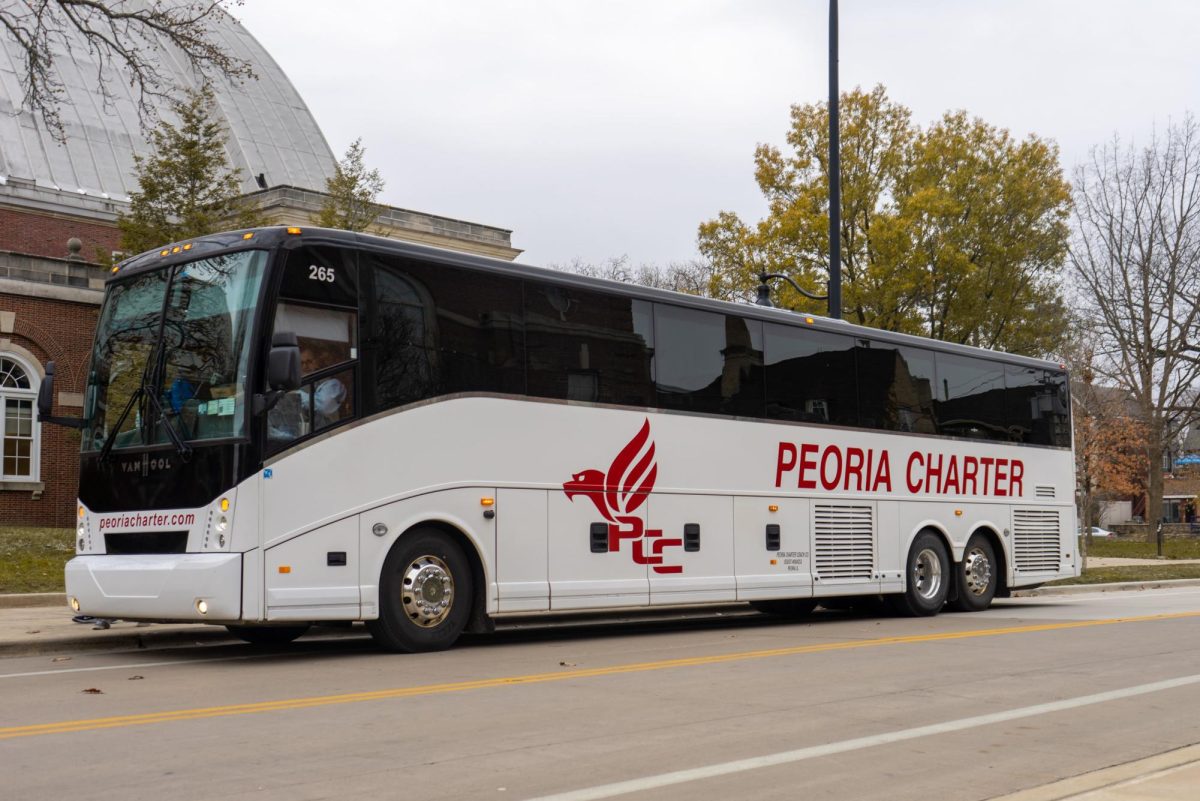After a significant increase in FAFSA applicants over the past year, cash-strapped Illinois’ legislators have decided to cut the Monetary Award Program, or MAP, grant by five percent for the spring semester, causing hundreds of thousands of Illinois students to lose at least a portion of their financial aid.
Dan Mann, the University’s director of financial aid, said the state could not handle such a large increase in award-eligible students.
“Usually the state over-awards aid money based on recent years where students either did not attend college or went to school out of state,” Mann said. “This year more students than usual decided to go to school and attend in-state. This leads to appropriations being overspent which in turn leads to a cut to recoup funds.”
The MAP grant awards a maximum of $4,968 over two semesters for those who qualify. The cut applies to both semester and quarter schools. Semester schools will receive a five percent reduction to payment on second semester claims while quarter schools will be subject to a 3.7 percent reduction to payment on both second quarter and third quarter claims.
There was an unexpected 45 percent increase in FAFSA applications received in the week between the announcement of the suspension date and the suspension date itself, according to collegezone.com, the Illinois Student Assistance Commission’s website that helps Illinois students find and track financial aid. According to the state, the $400 million earmarked for MAP grants for the 2010-2011 school year were all claimed by April 18 of last year.
Get The Daily Illini in your inbox!
“Every year the deadline for FAFSA applications has become shorter and shorter,” Mann said. “I can recall it being in August recently. Now it’s only until mid-April. There is more of a need for aid than ever before.”
As of Dec. 31, 131,338 Illinois students eligible for the grant were turned away, and 722 University students had their MAP money suspended.
The cut has forced students to search for jobs to support themselves.
Mike Jarzabek, freshman in Business, said he works at the Krannert Center ticket booth to help fund his tuition.
“I got a job here before the cuts hoping I can have some extra spending money,” Jarzabek said. “Even though the cut isn’t major, I’m happy that I have a job just in case there are more significant cuts in the future. I could not afford school without my aid money.”
Michael Bojda, freshman in DGS, said he is in the same pool as Jarzabek.
“Although I didn’t lose much money from the cut, it still caught my attention,” Bojda said. “I’m now searching for a job a little harder just in case the state decides to increase cuts or there is a tuition increase.”





